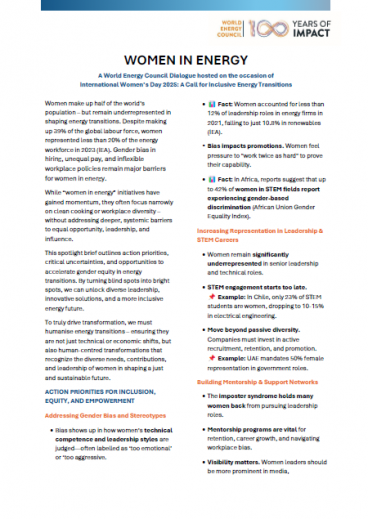Is business-as-usual thinking giving way to generative leadership actions?
The Covid-19 crisis is triggering the greatest financial capital reallocation in history and a renewed focus on affordability and inclusion is emerging. Will a more generous and generative leadership follow suit, or will business-as-usual prevail? To answer that question let me introduce our new World Energy Transition Radar.
Lifting lockdown measures is not proving to be easy. A second wave is possible. There are differences in opinion about how long it will take to recover and what is meant by a return to ‘normal’. Failure to restart economies is not an option, nor can leaders delay decisions until they have enough data to predict what will happen.
A leadership response which keeps an open mind about what might happen next is required. The use of Covid crisis scenarios can provide a path forward, but we’ll still need generative leadership if we are to arrive at a clean energy future. Moreover, a generous and generative leadership approach is necessary if we are to truly humanise energy, prioritising people and securing new opportunities for collaboration and innovation.
Generous and generative leaders can use our impartial Covid crisis scenarios to stress test their organisational recovery plans, and as a platform to realise the power of combining technological, financial and social innovation to achieve large scale transformation.
Our four plausible and alternative Covid crisis scenarios are Pause, Rewind, Fast Forward and Re-record. Last month we launched our ground-breaking World Energy Transition Radar, which detects and decodes new signals of change from all regions of the world to provide real-time insight for planning and navigating a path forward. The latest snapshot shows a rapid growth of emerging signals of a Fast Forward scenario – suggesting many countries are turning this crisis into an opportunity to invest in clean energy developments as part of economic recovery.
Signals relate to new infrastructure investments in a clean hydrogen vector, as part of the drive to accelerate renewable and net zero electrification and kickstart the circular carbon economy. We are also seeing a spotlight on a human-centred recovery, across all scenarios, with signals indicating that many energy companies are prioritising employee’s welfare and governments are focusing policy responses on behavioural changes and the social energy agenda.
The global health emergency has led to a refocus on people, their needs and affordability issues in energy matters. I, for one, am hopeful that our new vision of humanising energy is coming of age.
Writer’s note: The Council sends particular thanks to our Future Energy Leaders community, many of whom have devoted a great deal of time to piloting our World Energy Transition Radar.






_-80_result_688_387_s_c1_c_c.jpg)

